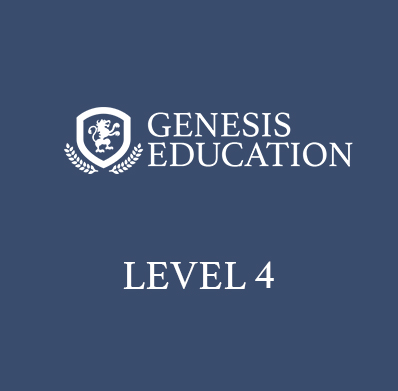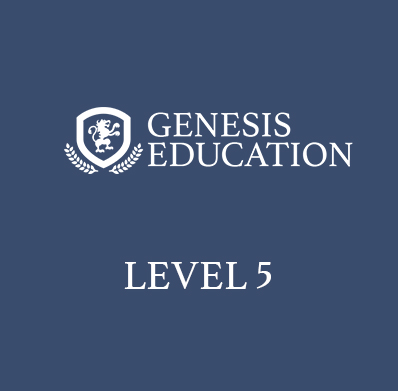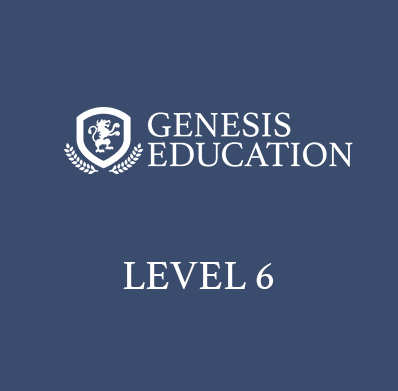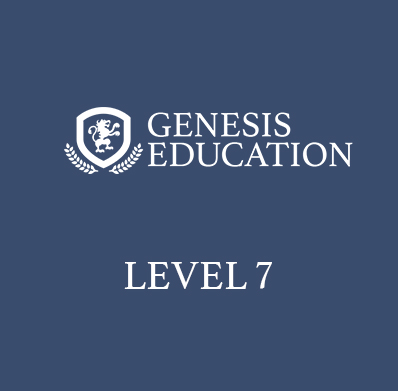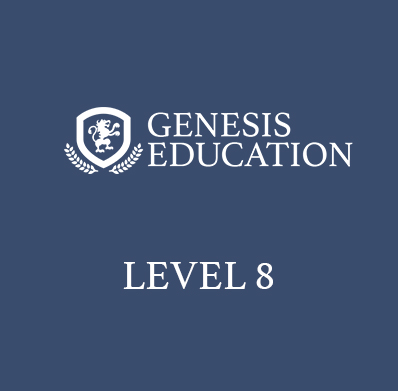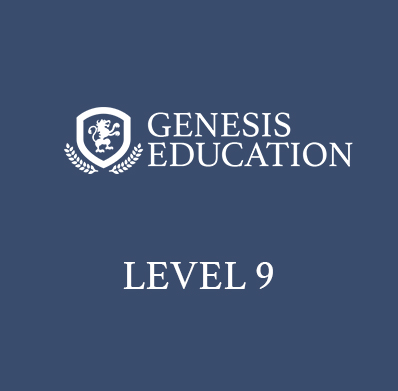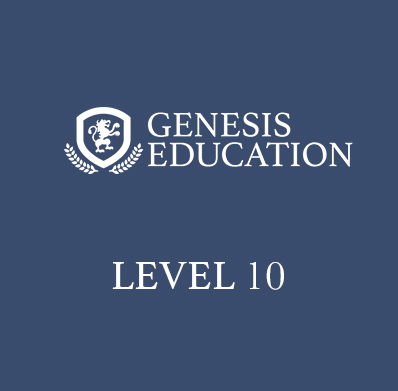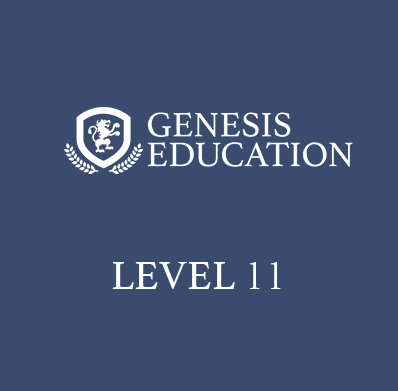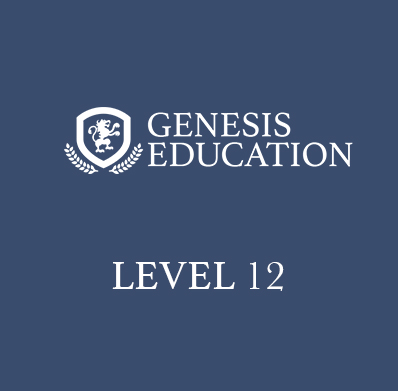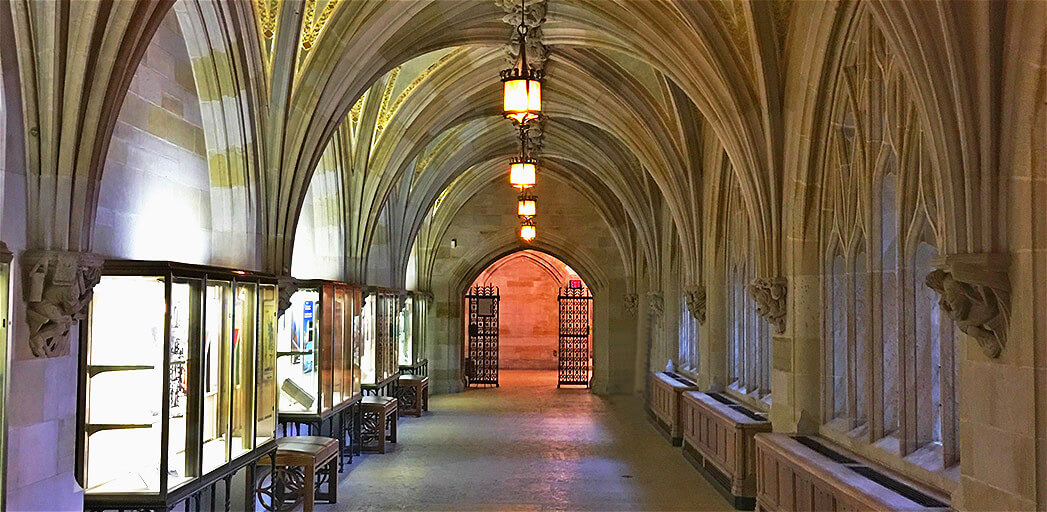
Young children absorb the world around them with much eagerness and curiosity. For this reason, we introduce raw materials and basic conventions of the english language (parts of speech and formal grammatical rules), elements of story, and vocabulary development. We also focus on citing textual evidence when drawing inferences. These foundational skills support higher-level analytical reading and writing in middle and upper grades. In creative writing, students practice using language and basic story devices to express ideas.

Middle school years
In their pre-teen and early teen years, students often question facts and authority. They’re more interested in abstract thinking, which sets the stage for them to practice more complex reasoning and logic. The guiding question in analyzing texts and forming arguments becomes, “How does the author say what she says?” Along with direct instruction of grammatical rules, conventions of sentence writing, students how to organize sentences into arguments that prove specific points. Much focus is placed on sentence diagramming, outlining, composition, and rewriting. In creative writing, students explore the short story and poetry genre, attending to subtler aspects of craft such as word choice and narrative point of view.

High school years
Students mature into independent thinkers and persuasive communicators. Higher-level analytical thinking at this stage demands extensive practice in close-reading and precise textual support for original arguments, and for analyzing the effectiveness of an author’s stated or implied objective. Analytical challenges posed by classical and contemporary great books require a second-nature grasp of language and its components; thus, we reinforce foundational skills in language and how texts create meaning. Then, progress to employing rhetoric as means for clear, cogent, and forceful expression of ideas. In creative writing, students tackle the art of the personal narrative, examining their lives for personal truths and the means to succintly express them for an audience.
All Levels
For all levels, we develop these reading, writing, and critical thinking skills through the study of classical and contemporary great books in their historical contexts. We do so by removing the artificial divide between literature and history. An interdisciplinary approach helps students understand the deeper underpinnings of civilizations, instead of simply memorizing isolated dates and events. In every phase of the curriculum, students:
- Receive explicit instruction with models of good reading and writing strategies
- Reflect on their learning experiences to build their self-awareness as learners
- Read, write about, and discuss group reading selections
- Choose books to read independently and to practice reading and writing strategies.
- Take risks as they discover and develop their writing voice and appreciation of timeless works of literature
- Develop and exercise their creative muscles with journal and deep-dive projects
- Expect about 1.5 hours of daily homework


